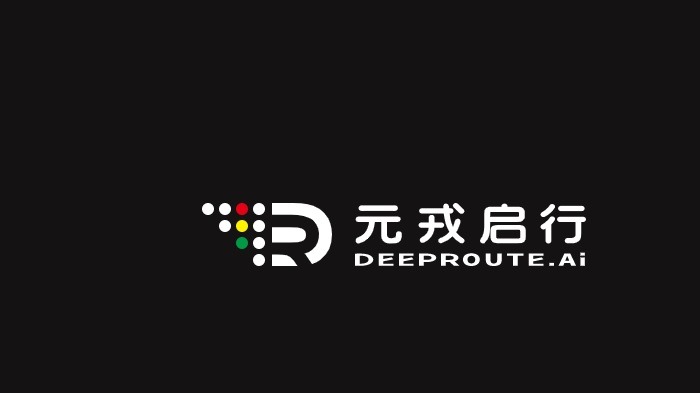DeepRoute.ai Brings Mass-Production Ready DeepRoute IO 2.0 Platform to IAA 2025

DeepRoute.ai, a pioneer in autonomous driving technology, is introducing its latest innovations at IAA Mobility 2025 in Munich, highlighting the company’s mass-production ready DeepRoute IO 2.0 platform powered by the advanced VLA (Vision-Language-Action) model. The debut demonstrates how DeepRoute.ai is bringing safe, scalable and highly adaptable smart driving solutions to the global market.
DeepRoute.ai has delivered over 100,000 passenger cars equipped with its autonomous driving system. The company also plans to expand its robotaxi business using mass-produced vehicles. These milestones demonstrate DeepRoute.ai’s growing mass-production capability and engineering maturity in adaptation efficiency, system stability and safety standards.
Also Read: AiThority Interview with Dr. Petar Tsankov, CEO and Co-Founder at LatticeFlow AI
DeepRoute.ai is actively expanding into key international markets, including Europe, Japan, and South Korea, following a dual-track globalization strategy. On one hand, the company leverages its extensive mass-production experience and mature technology to help domestic partners, such as smart, accelerate their intelligent vehicle offerings abroad. On the other hand, DeepRoute.ai provides localized, highly adaptable assisted driving solutions to overseas and joint-venture automakers, empowering partners to expand into broader market segments.
“Our VLA-powered platform combines intelligence with adaptability, making it especially ready for Europe’s roads,” said Maxwell Zhou, CEO of DeepRoute.ai.
DeepRoute IO 2.0 offers exceptional flexibility, supporting both LiDAR-equipped and pure-vision configurations, as well as multiple automotive-grade chips. Its modular architecture enables automakers to deploy intelligent driving features across different vehicle models and segments, meeting diverse market needs and facilitating global adoption.
At the core of the platform, the VLA model integrates multimodal vision, language and action, enhanced by Chain-of-Thought reasoning for advanced temporal and causal inference. Compared with traditional end-to-end models, VLA provides high interpretability and traceable decision-making pathways that could build trust through transparency.
By leveraging large language model capabilities, VLA incorporates a comprehensive knowledge base and continuous learning ability, enabling rapid adaptation across diverse road systems, signage, and driving cultures. The VLA model demonstrates fast generalization and resilience, delivering real-world usability in Europe’s most challenging driving environments.
VLA further enhances safety with spatial understanding, logic explanation, OCR ability and voice control. These capabilities allow proactive responses in high-risk conditions such as blind curves, truck blockages, or complex intersections, executing human-like defensive driving maneuvers including early deceleration and intelligent rerouting.
By combining intelligence, adaptability and safety, DeepRoute.ai is driving the industry toward a future of smarter, more reliable mobility worldwide, and shaping the next era of intelligent transportation.
Also Read: Developing Autonomous Security Agents Using Computer Vision and Generative AI
[To share your insights with us as part of editorial or sponsored content, please write to psen@itechseries.com]

Comments are closed.